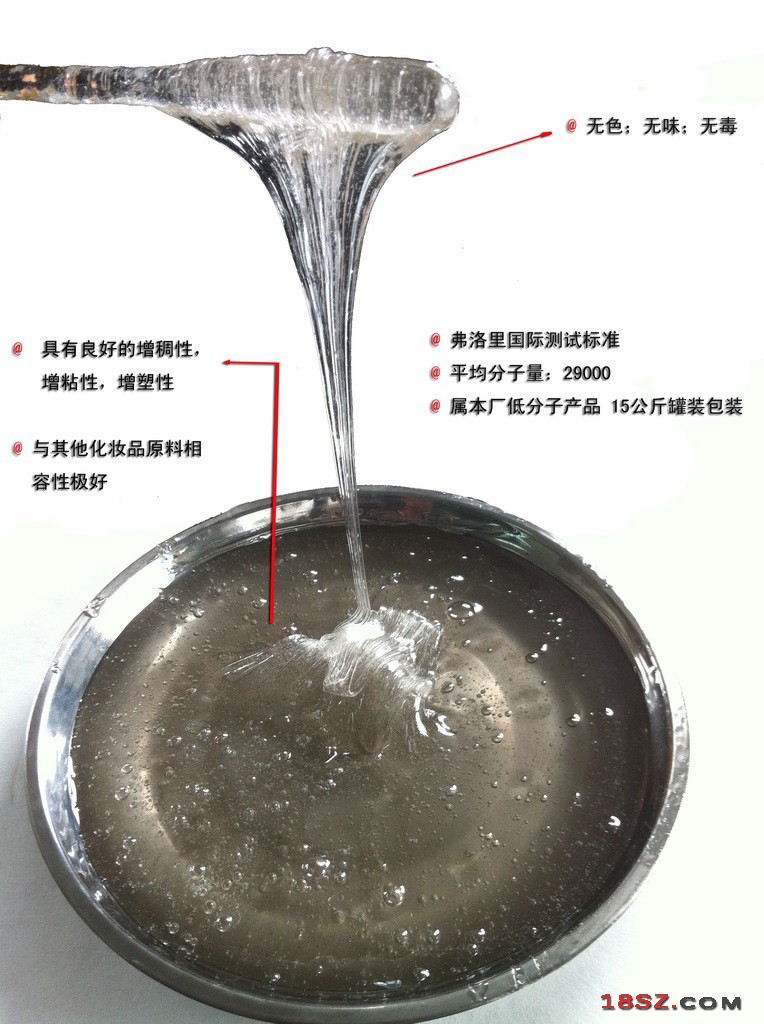
Polyisobutylene has good thermal stability, can be processed at 140-200 ℃, and its molecular weight remains basically unchanged. Processed at low temperatures, macromolecules are prone to mechanical degradation, and the higher the molecular weight of polyisobutylene, the more severe the degradation. When the processing temperature is between 120 and 150 ℃, chain breakage degradation can be minimized. However, when the temperature is higher than 300 ℃, under mechanical shear, radiation or the action of Organic peroxides, the high molecular weight polyisobutene can be degraded or depolymerized, resulting in a decrease in the average molecular weight, of which the oxidation reaction is the most prominent. Therefore, during the processing, 250 is usually added × 10-500 × 10% antioxidant 264 or 1% stabilizer butylated methyl benzene. If processing stability and aging resistance are specially required, it is recommended to add 0.01% antioxidant Irganox1010 for further stabilization.
In addition to vulcanization, the processing of high molecular weight polyisoprene, like other rubbers, can be carried out in equipment suitable for rubber processing (such as double roller mixers, internal mixers) for mixing, kneading, plasticizing, and mixing with fillers, plasticizers, other polymers, and other materials.
Polyisobutylene has high toughness and resilience, making it impossible to perform separate extrusion and rolling processes. Blending polyisobutylene with carbon black, calcium silicate, diatomaceous earth, cyclized rubber, polyethylene, polystyrene, or phenolic resin can reduce its toughness and resilience. High molecular weight polyisobutene can be plasticized by adding petroleum, paraffin, Coal tar, pine oil or similar materials. The use of plasticizers with limited compatibility, such as trimethylphenol phosphate, can improve the processing performance and roll stripping performance of polyisobutylene.
Like other viscous materials, low molecular weight polyisobutylene can be mixed with oil, paraffin, solvents, and other polymers and processed using a high-power mixer with blades.





